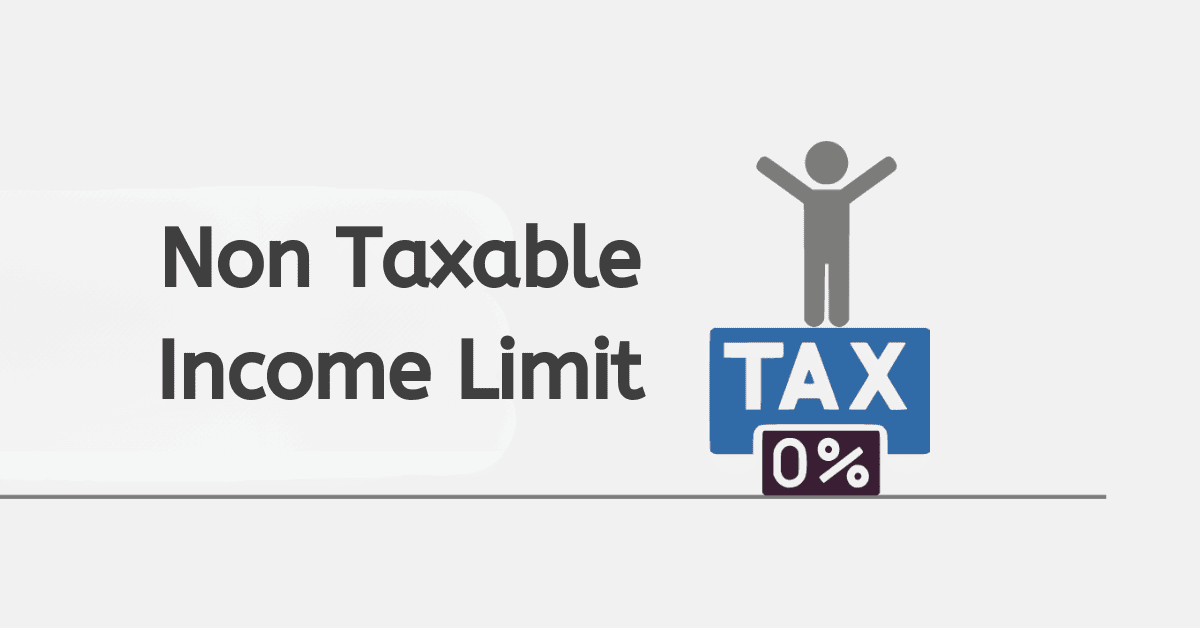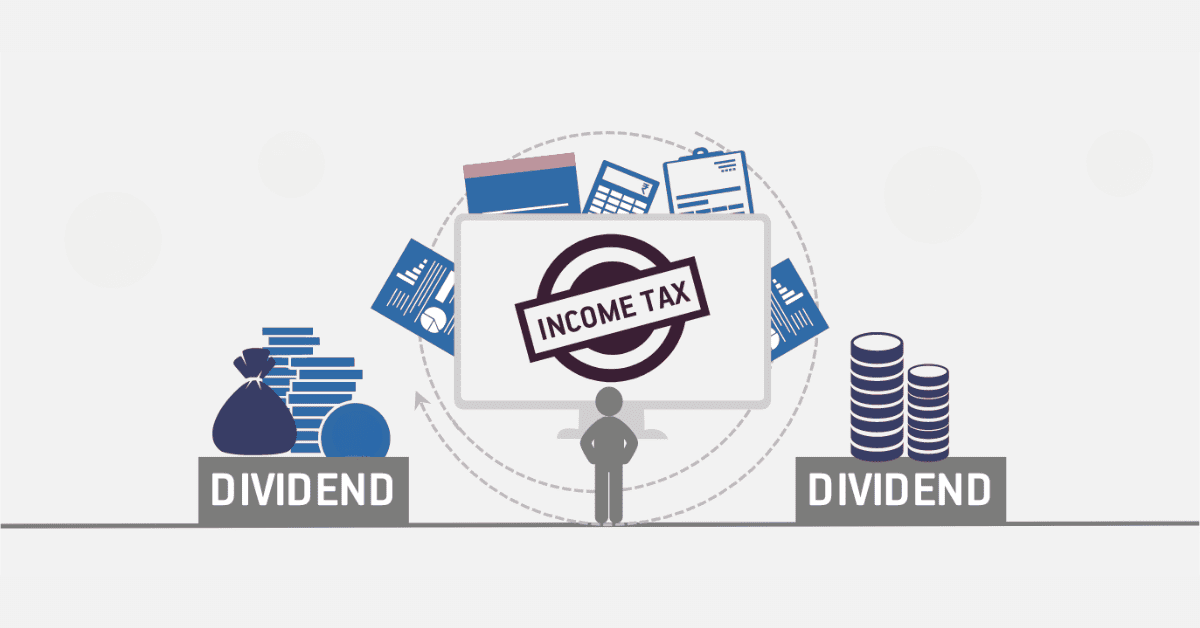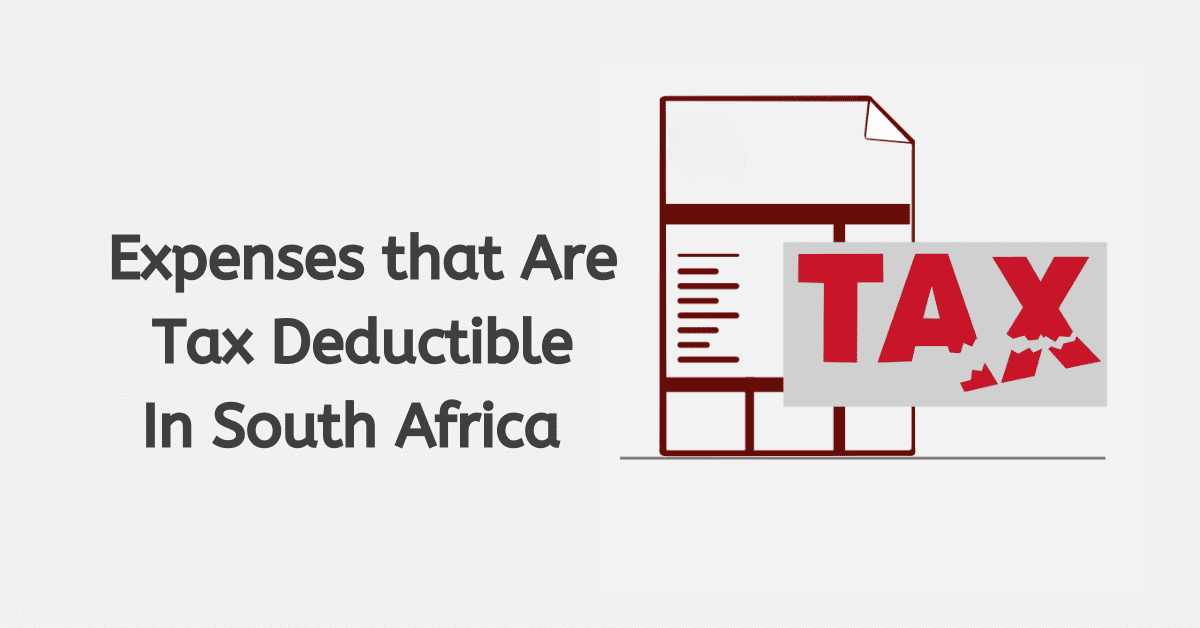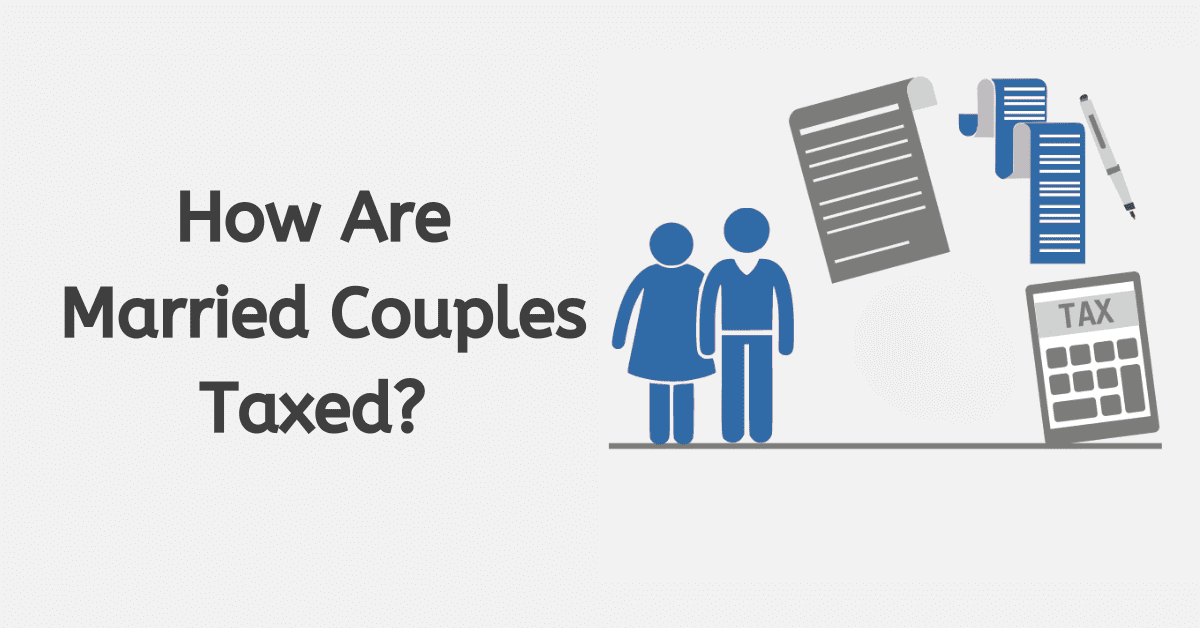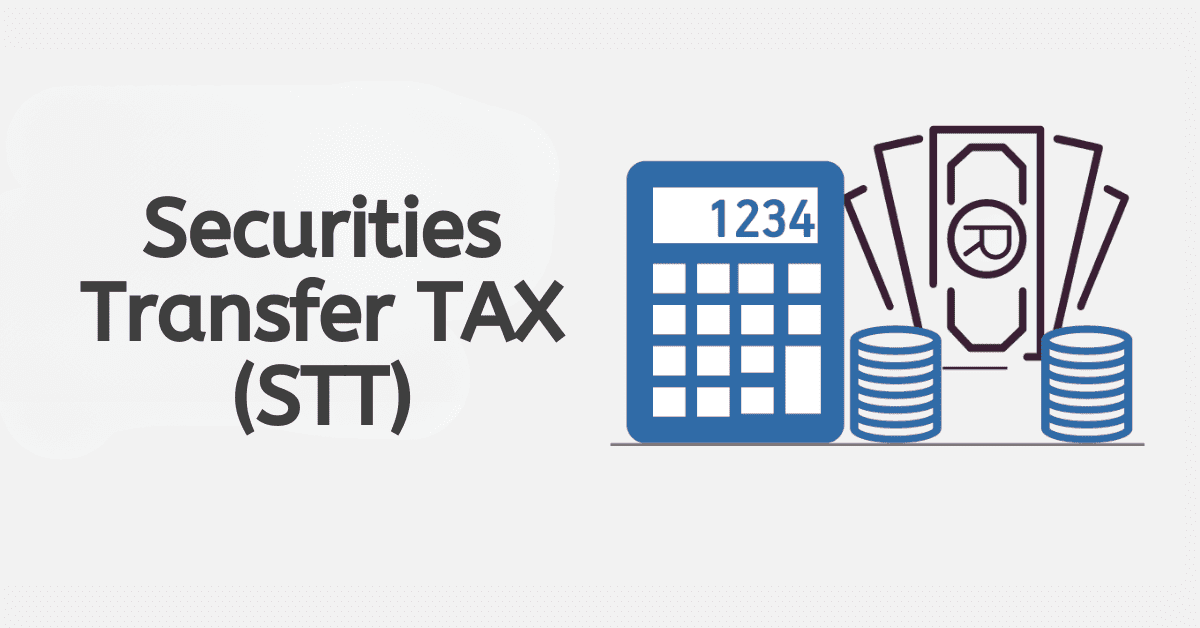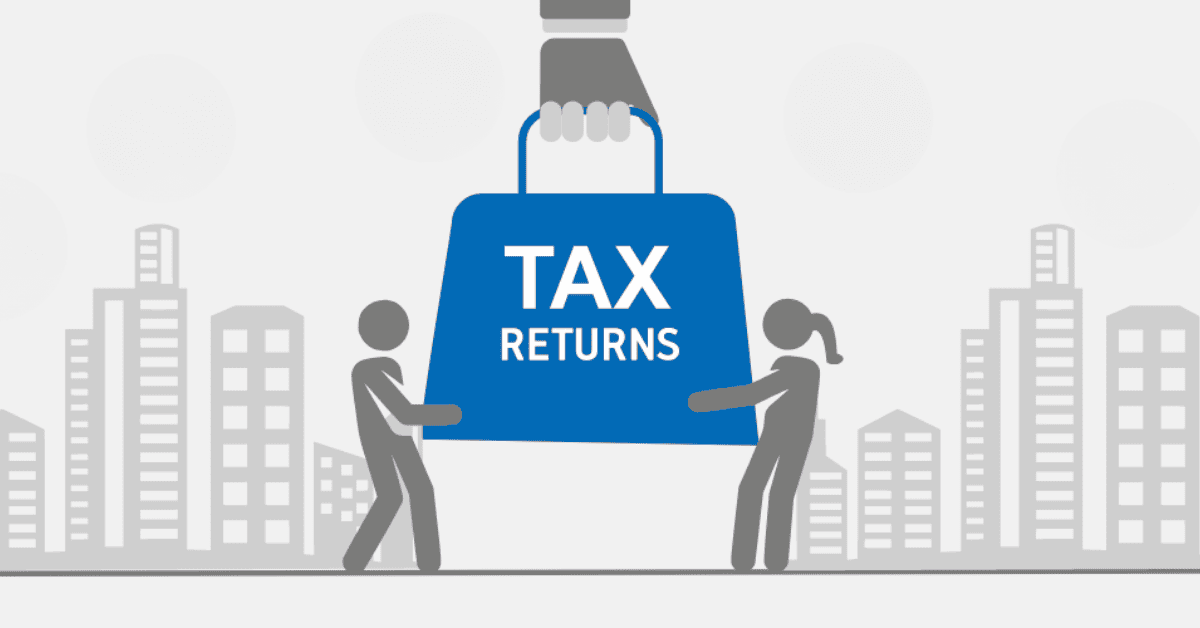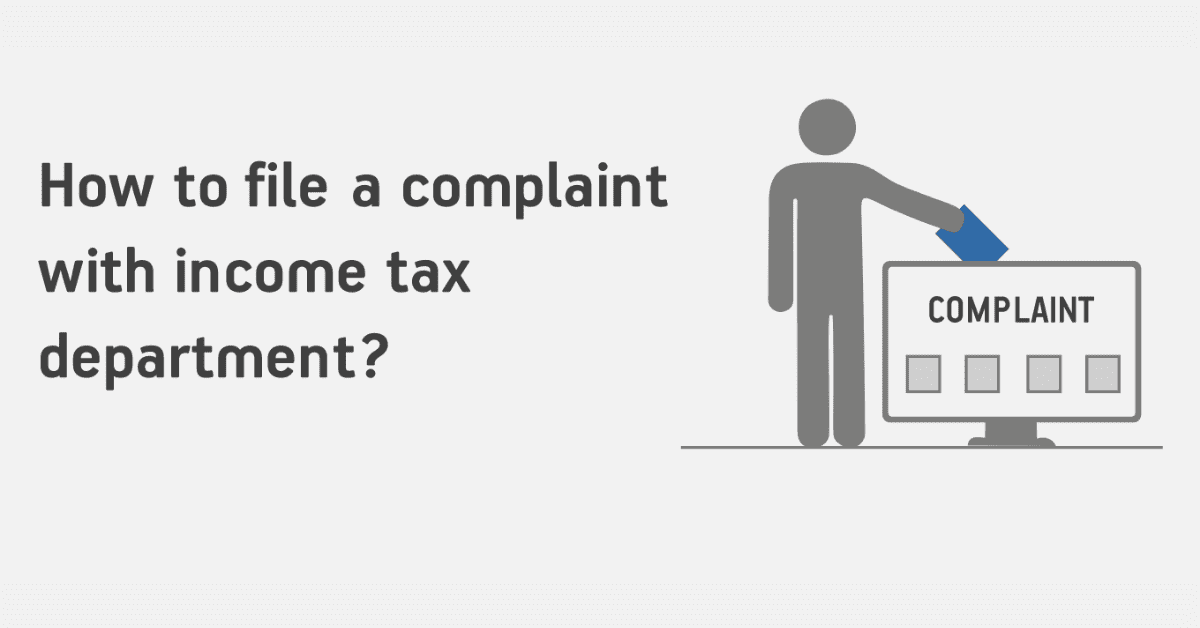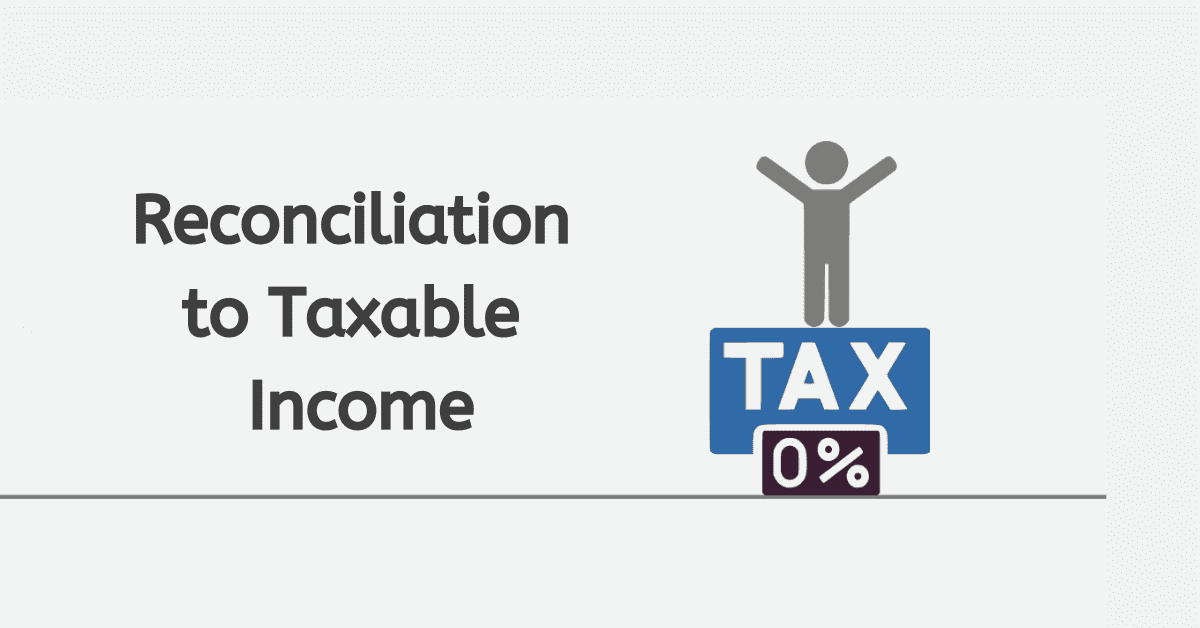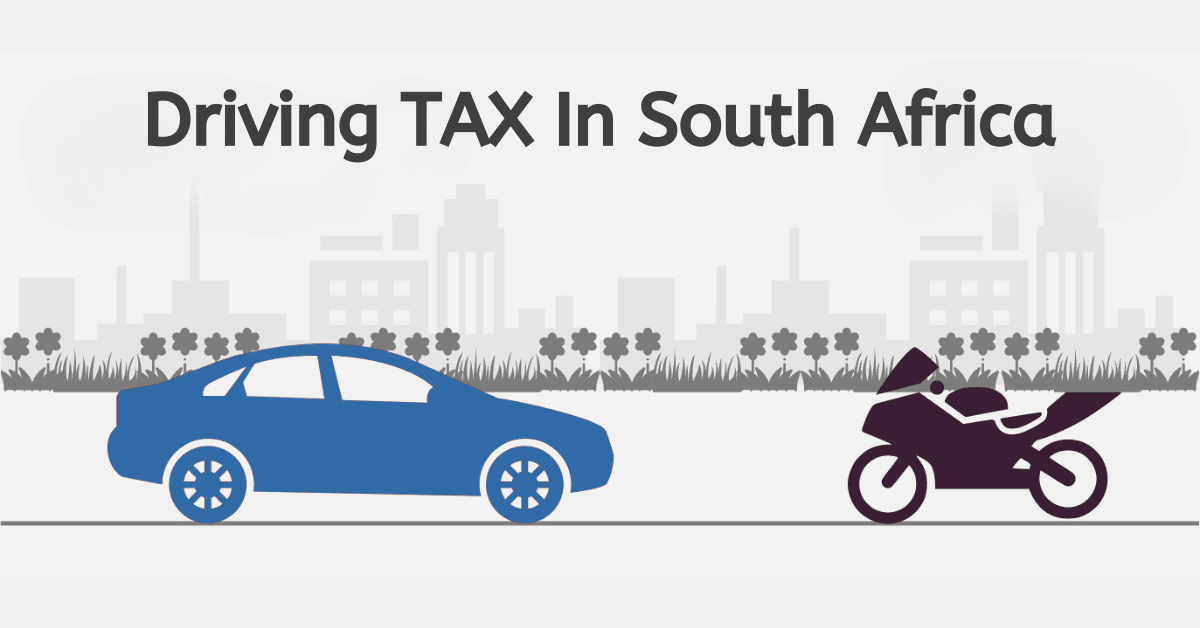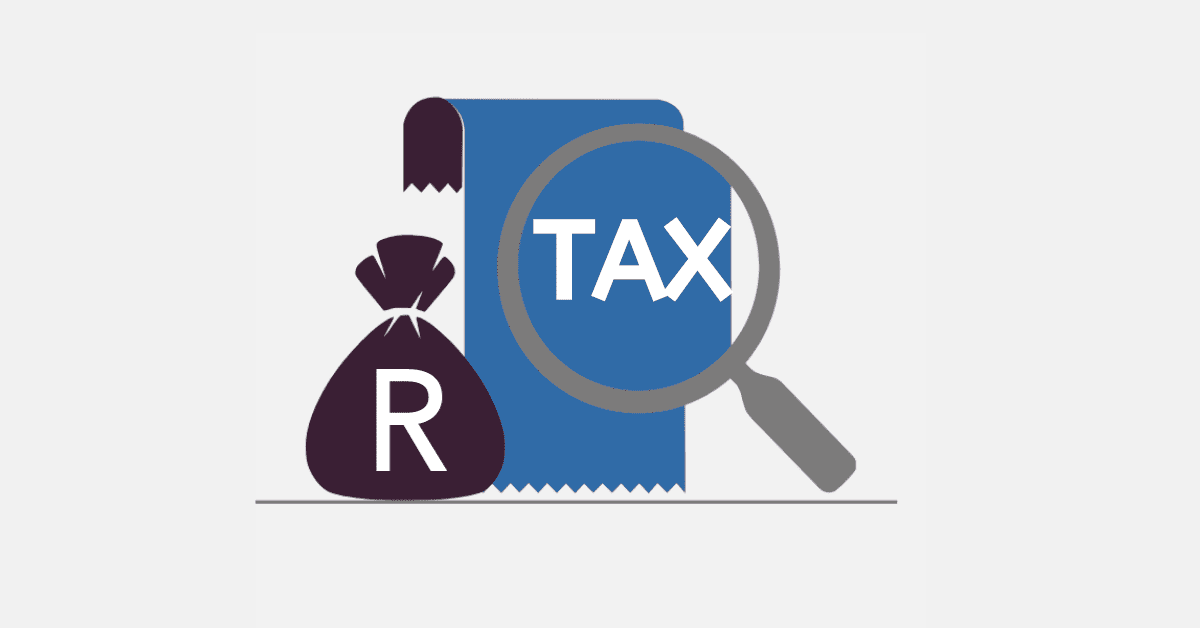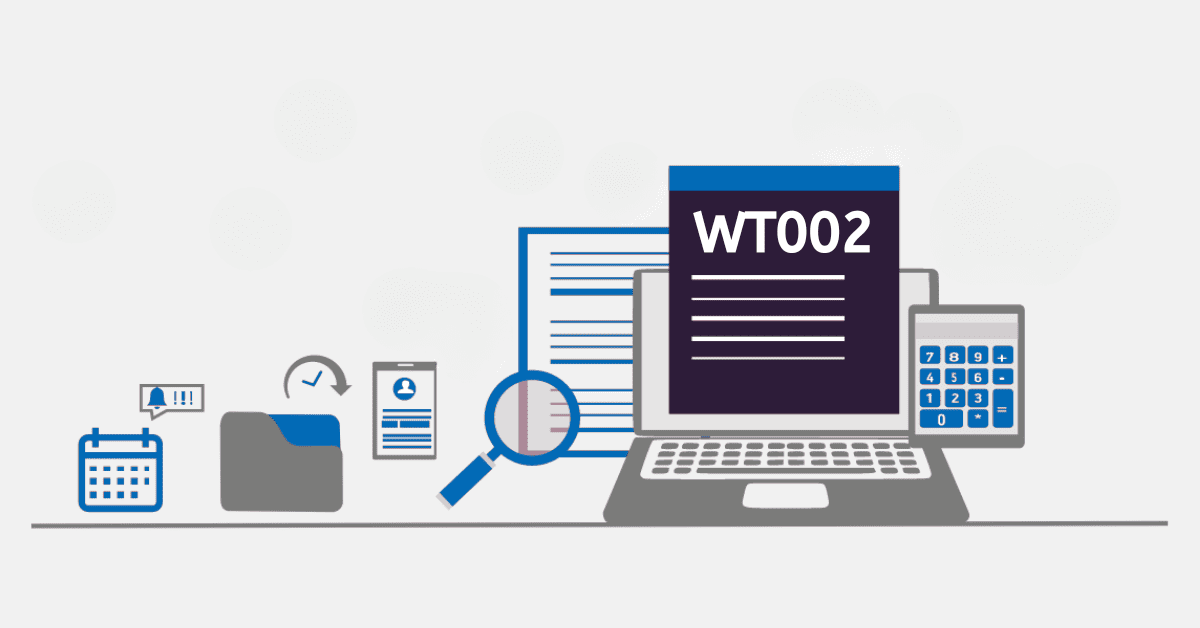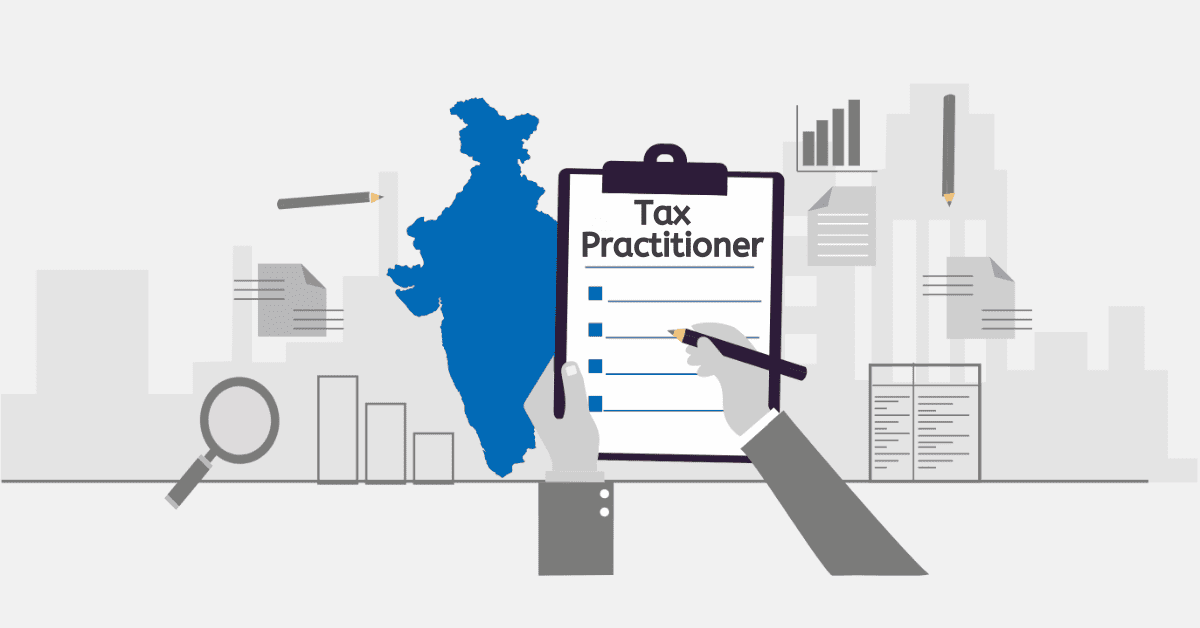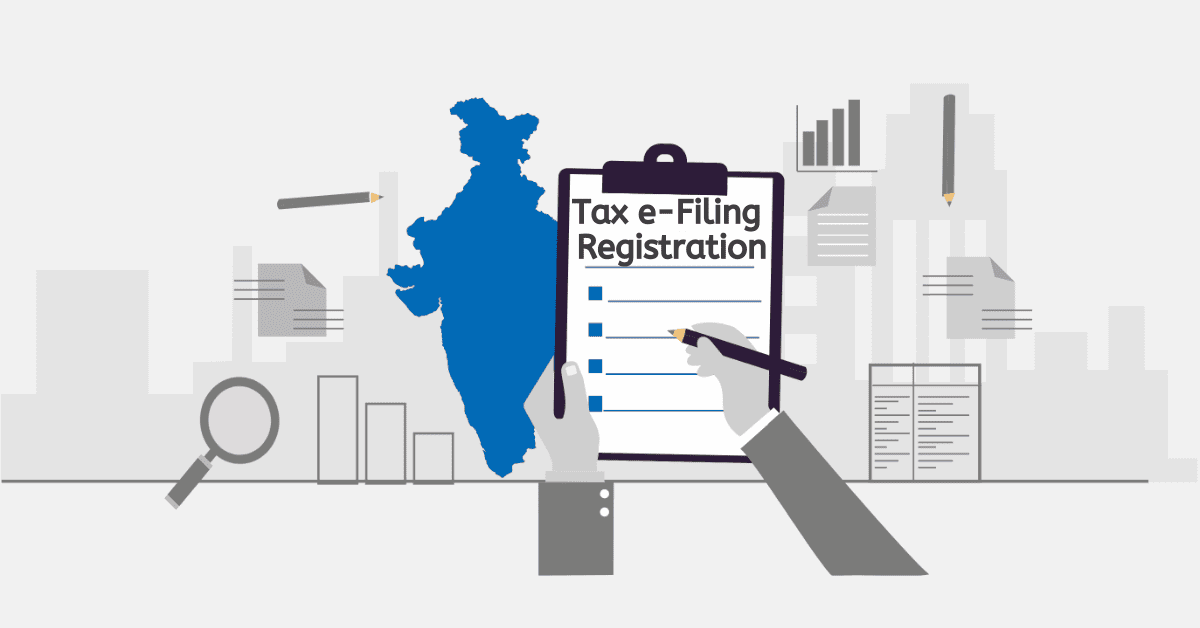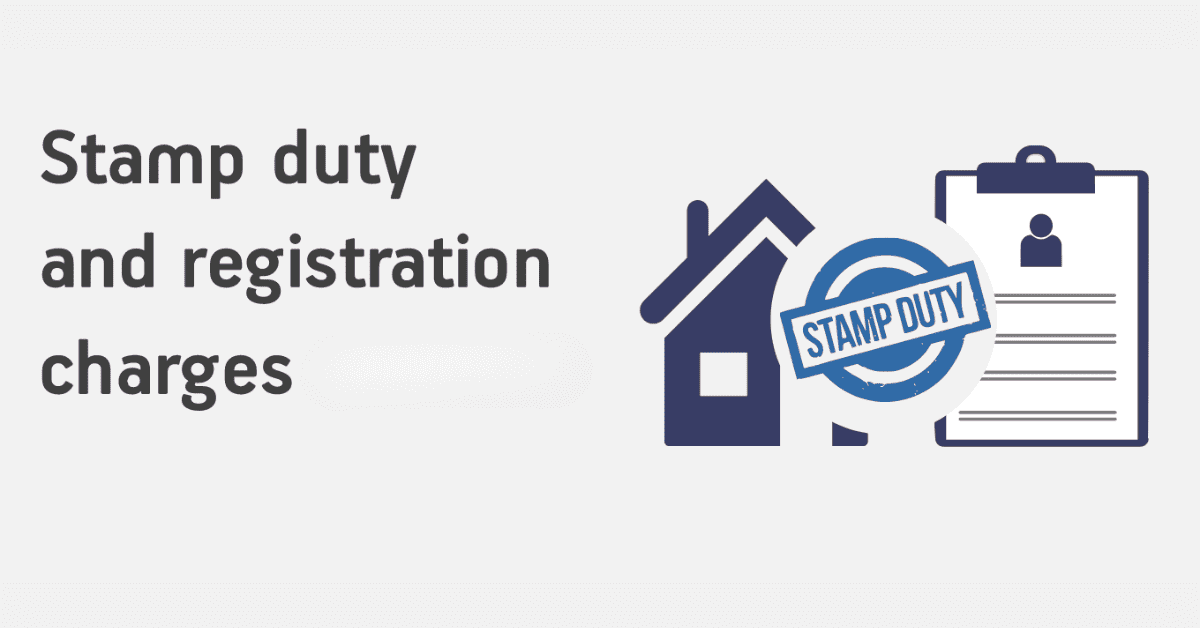Savings and South Africa are two words that, regrettably, don’t go together as often as they should. Many of us are carrying a large amount of debt, and we have a strong culture of ‘keeping up with the Khumalos’ that makes us spend recklessly and only worry when the credit card bill arrives and our salaries won’t stretch to fit it. If you’re moving towards better savings habits, you are likely worried about what part of your hard-won savings the tax man will want to take for themselves. Today we will be looking at all things tax- and savings-related, from the amount of money you can keep in your bank account without taxation to the nuances of tax-free savings accounts.
How Much Money Can I Keep in My Bank Account Without Tax in South Africa?
In South Africa, the interest earned on money kept in a bank account is subject to tax. Your core amount (the initial amount you put in savings) is not directly taxed at all. However, you will have paid income tax and PAYE to generate that income, so it is more accurate to call it a post-tax amount than a tax-free amount!
However, you won’t be taxed on the very first cent of interest you earn, either. There is a threshold that allows for a certain amount of interest income to be earned without incurring tax. This is currently set at R23,800 below the age of 65 and R34,500 for those aged 65 and older.
This means that if the total interest earned on your bank account is below these thresholds, you will pay no tax on that interest income. Your bank is obliged to provide you with a document called an IT34(A) every year, after the end of the tax year but before the tax season opens (so between March and July of every year) that shows the amount of interest you earned in each tax year, to make this calculation simpler for you and help prove the amounts to SARS. today, these are usually available for download on your banking app.
Does SARS Tax Your Savings Account?
So no, SARS does not directly tax your savings account. You will pay tax on the income you earn, and if you are earning a high volume of interest (over the R23,800 per annum threshold), you will pay tax on the interest earned, but that is all.
What is the Difference Between a Tax-Free Savings Account and a Savings Account?
Perhaps you have got the idea that savings accounts are taxed because there is a new (and exciting) investment vehicle open to South Africans, called a Tax-Free Savings Account. However, despite the presence of ‘savings’ in the name, it’s not a standard savings account at all! Instead, it is a type of investment ‘wrapper’ that can be applied to a variety of standard investment vehicles and, while you can technically use the savings you make in a tax-free savings account however you like, is designed to offer further incentives to save toward retirement.
The primary distinction is in the tax treatment. In a regular savings account, the interest earned is subject to taxation, whereas the returns generated within a tax-free savings account are exempt from tax. That’s a very small incentive if you are using your Tax-Free Savings Account on a standard savings product from your bank with their low per annum interest rates that don’t outpace inflation. However, this can be very powerful when you open a Tax-Free Savings Account wrapper that contains higher-value products like equity or money market accounts.
What is the Best Tax-Free Savings Account in South Africa?
There is no such thing as a ‘best’ Tax-Free Savings Account for everyone. The best products you should choose under your Tax-Free Savings wrapper will vary by things like your age, income, and future plans for the account.
In general, Tax-Free Savings Accounts offer the most value when you start them young and invest in high-equity products with the potential to outpace inflation and rise significantly until your retirement years. If you remain invested over decades in a high-return product, the tax savings you make when you eventually cash out will be quite significant. However, older users will want to take a more conservative approach, perhaps considering money-market funds, fixed-deposit accounts, and similar products with lower equity investment, as they have shorter investment timelines and less chance to recover from stock market dips.
Tax-Free Savings Accounts should not be treated like standard savings accounts, i.e. somewhere to ‘park’ funds you will need shortly. See them as an investment vehicle, not a savings account.
What are the Disadvantages of a Tax-Free Savings Account?
As always, there are advantages and disadvantages to the Tax-Free Savings Account. Tax-Free Savings Accounts in South Africa have annual (R36,000) and lifetime (R500,000) contribution limits. Exceeding these limits will result in severe tax penalties, with the amount taxed at the highest income bracket regardless of your actual tax rate. The lifetime limit, in particular, is a good reason to avoid investing for short-term purposes, and why it is best used as a retirement savings vehicle. If you do withdraw from your Tax-Free Savings Account, you need to carefully track how much you remove, as the lifetime (and annual) limits do not reset- you get one chance at this and that is all.
Depending on the chosen investment options within a tax-free savings account, there will be less liquidity compared to a regular savings account. This could be a disadvantage for individuals who prioritize quick access to their funds- but again, this isn’t the right vehicle for that in the first place. If you opt for more aggressive investment options within a tax-free savings account, such as equities, you expose yourself to market risks. While this can lead to higher returns, it also comes with the potential for losses, and high-equity investments are best for younger users with time to recover from market dips.
Hopefully, you now feel much more secure about the difference between banking savings accounts and the Tax-Free Savings Account wrapper now offered to investors.
